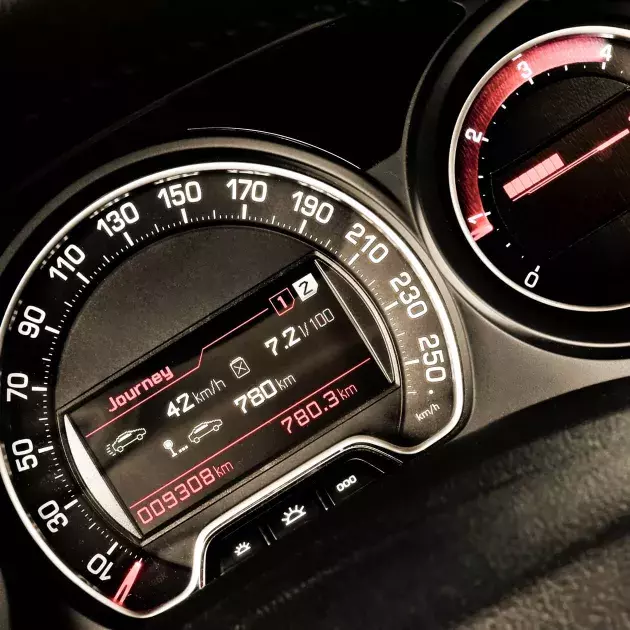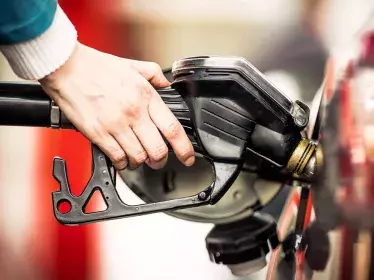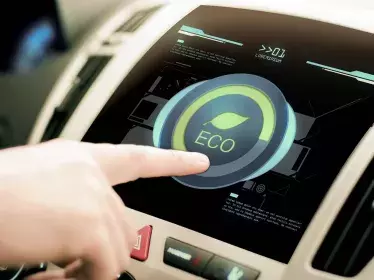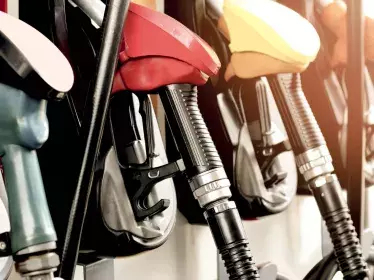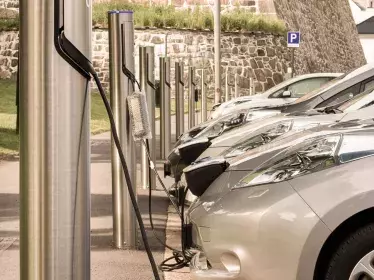Whether you want to calculate a budget for how much your car uses, or determine the environmental impact of your car, you need to know how much it consumes. Figures are available, but are they reliable? What is certain is that the litres of fuel or the kW of electricity that are consumed will have an impact on your wallet, on emissions and on the range of your car.
Manufacturer figures and standards
Everyone is currently in agreement over the importance of consumer information and environmental issues. But this was not always the case. In the 1980s, the consumption figures obtained in the laboratory did not reflect real traffic conditions. Since 2017, the NEDC (New European Driving Cycle) standard has been replaced by the WLTP (Worldwide Harmonised Light Vehicle Test Procedure), which has become a global standard. This more realistic test procedure was developed by a United Nations working group. Unsurprisingly, the CO2 emissions and fuel consumption figures advertised by the manufacturers after a WLTP test are higher than the NEDC figures, but these new figures do correspond more closely to the actual usage of your car.
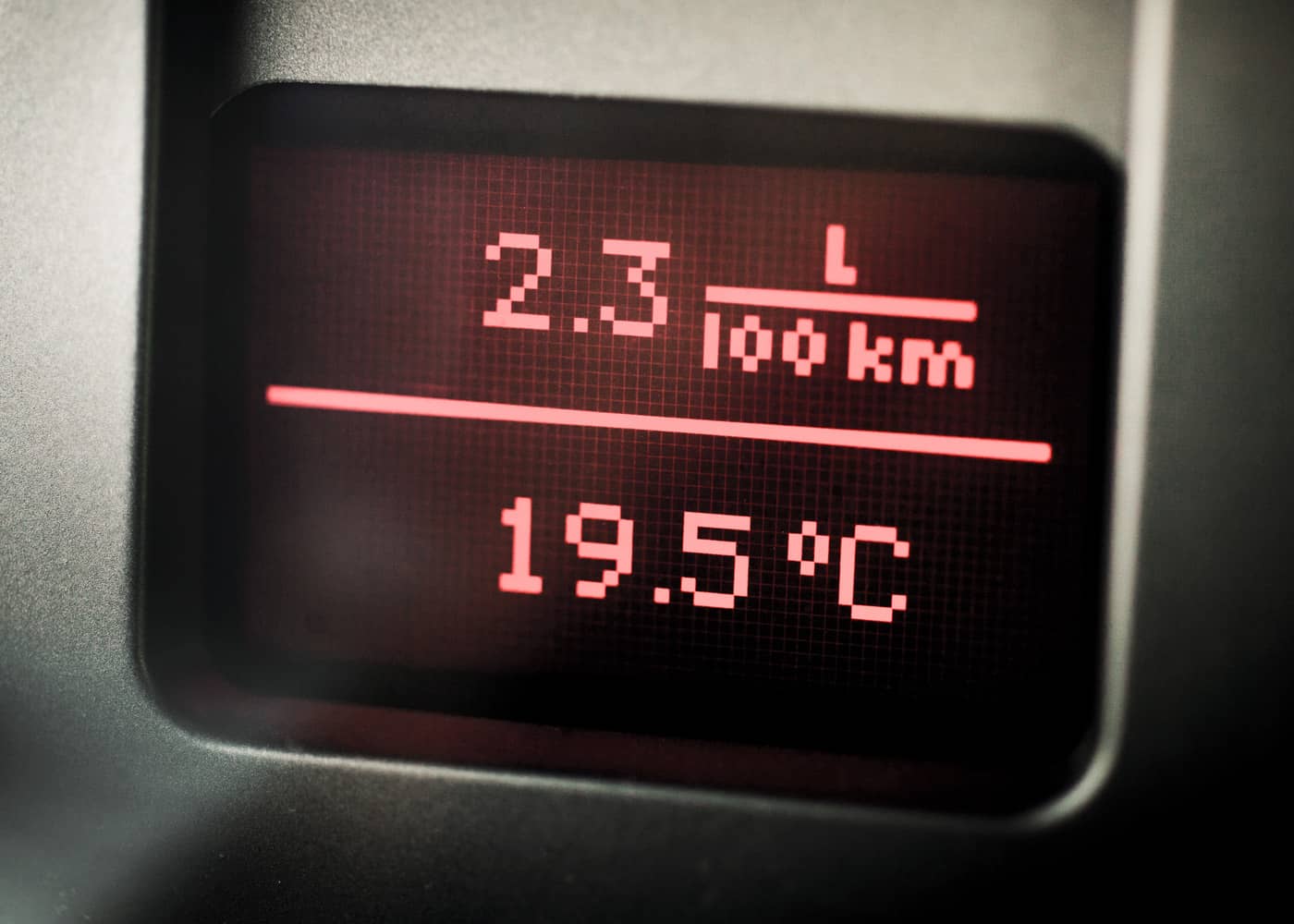
Is it possible to match the consumption figures that are advertised?
Although this new WLTP standard is much more realistic, it is not possible for the test traffic conditions to meet all aspects of your actual situation and the journeys you make. If you drive to Brussels every morning and traffic jams are part of your daily routine, don’t expect to be able to meet the 5l/100km advertised for consumption at 120km/h. However, if you live in Ostend and work in Aalter, your real consumption will probably be in line with the advertised figures.
Good planning and bad habits
- The best behaviour to adopt behind the wheel is to anticipate!
For example, if you see a traffic light turn red, simply drive up to it while easing off on the accelerator. Anticipation is also integrated in the autonomous driving of modern cars.
- Behaviour to avoid: leaving late
You may want to compensate for being late by driving more aggressively and driving too fast. This means that you will therefore accelerate and brake more frequently. All of this will have a direct impact on the risks you take, for yourself and for others, but also on your fuel consumption.
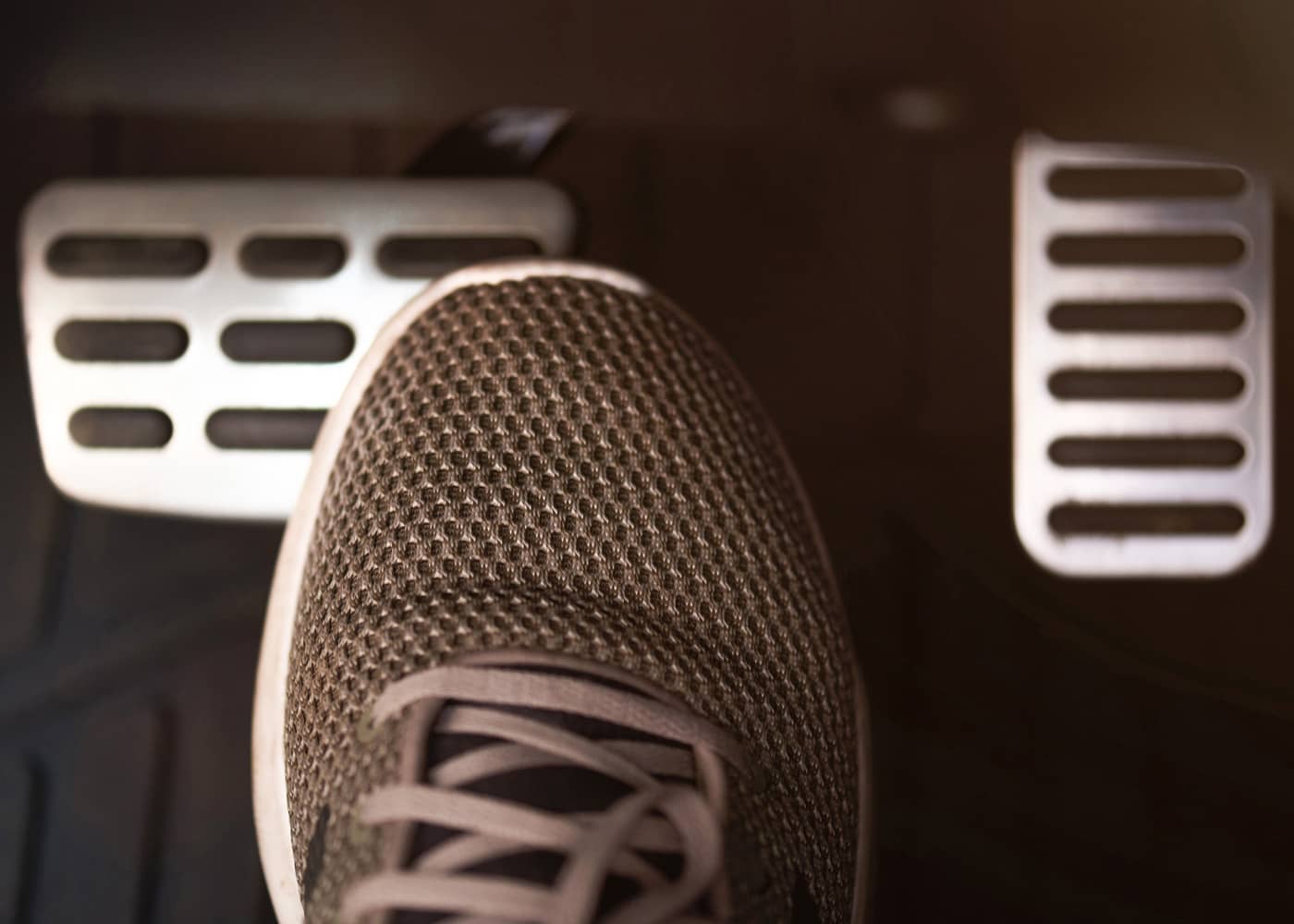
The future
Technology is evolving and car manufacturers are major players when it comes to reducing polluting gases. But you, too, have a role to play by adopting some good habits behind the wheel. One thing we do know is that whatever fuel you use, it will be a source of pollution, so by adapting your driving behaviour, you can help both the planet and your wallet.


